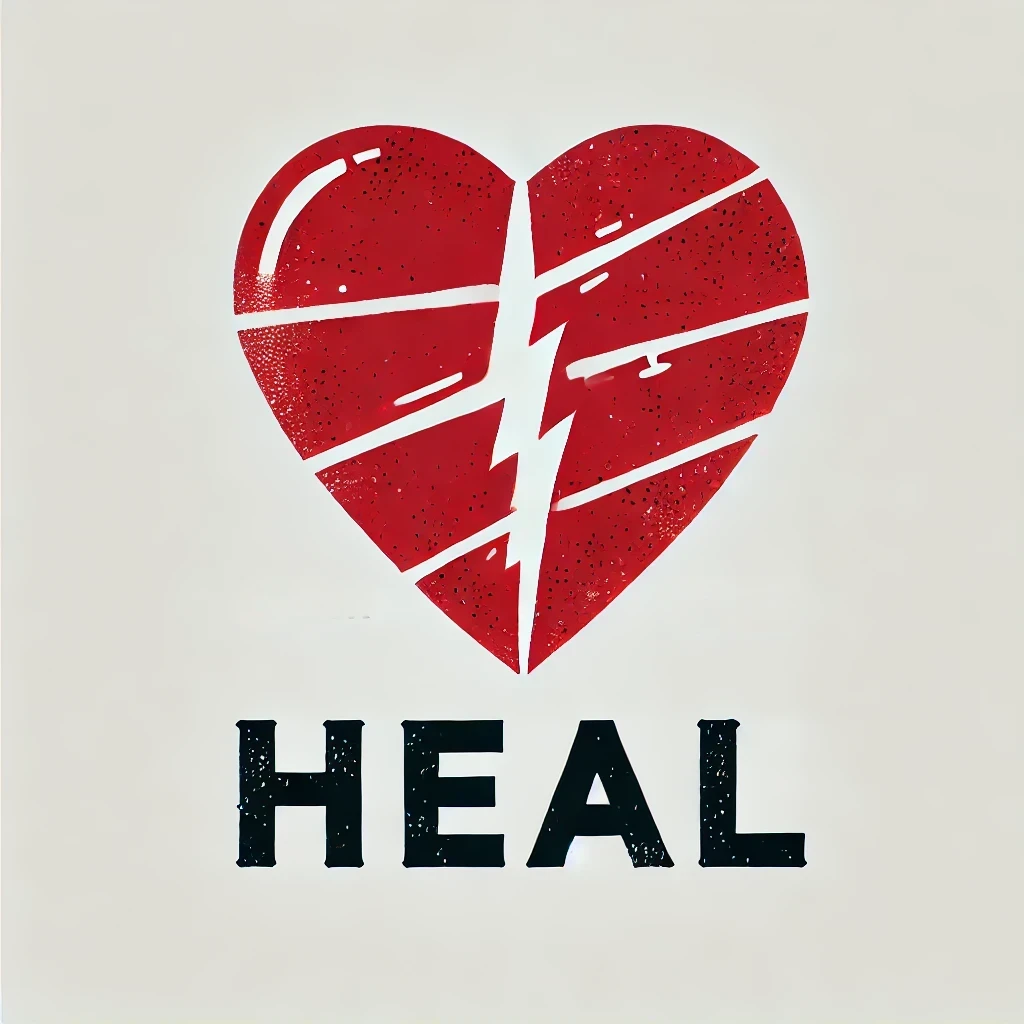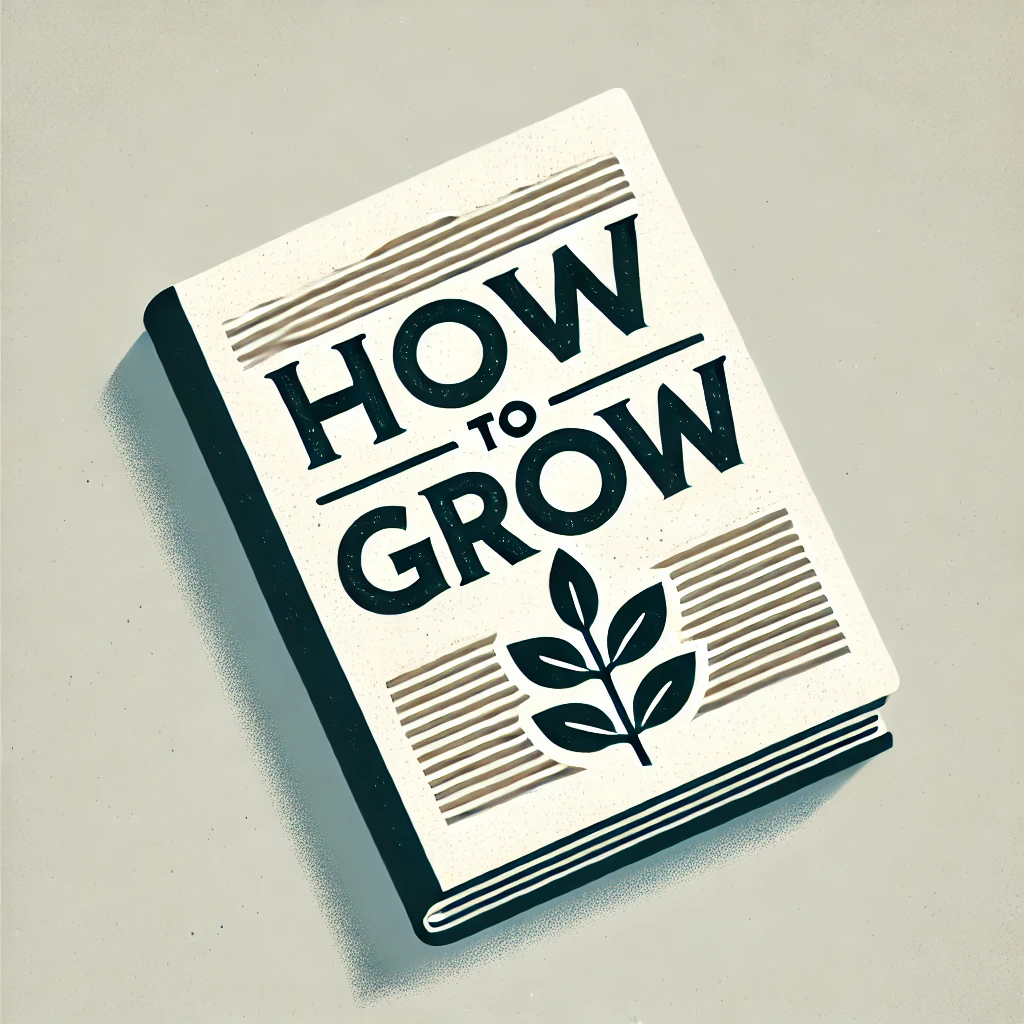Ep. 122 – Healing Past Hardships
Category: Health
Reading further will guide you towards:
1. Understanding the importance of acknowledging and accepting past hardships as the first step to healing.
2. Learning effective strategies to improve your thoughts, which in turn positively influences your emotions and behaviors.
3. Recognizing the significance of self-compassion and forgiveness in the healing process.
4. Gaining insight into the power of positive thinking and emotional regulation.
5. Discovering practical steps to integrate healing practices into your daily routine.
Unpacking the Weight of Yesterday's Trials
 Life's journey is filled with highs and lows, and the hardships often leave the most lasting impact. Imagine carrying a heavy backpack filled with rocks, each representing a past struggle or trauma. Over time, this weight can slow you down, affecting your thoughts, emotions, and behaviors. Healing past hardships isn't about forgetting those rocks exist but learning how to unpack them, understand their significance, and ultimately, lighten your load. It's a process of transformation where your scars become symbols of strength rather than sources of pain.
Life's journey is filled with highs and lows, and the hardships often leave the most lasting impact. Imagine carrying a heavy backpack filled with rocks, each representing a past struggle or trauma. Over time, this weight can slow you down, affecting your thoughts, emotions, and behaviors. Healing past hardships isn't about forgetting those rocks exist but learning how to unpack them, understand their significance, and ultimately, lighten your load. It's a process of transformation where your scars become symbols of strength rather than sources of pain.
While healing, we find the opportunity to redefine our narrative. Every hardship endured has shaped the person you are today, embedding lessons and fostering resilience. Embracing these experiences with compassion allows you to improve your mindset, manage your emotions better, and adopt healthier behaviors. By transforming your perspective on past events, you empower yourself to live more fully in the present, free from the shadows of yesterday's trials. This journey of healing and self-improvement is not just a path to feeling better but a profound way to reclaim your power and thrive.
The Interplay of Thoughts, Emotions, and Behaviors
How we think about our past hardships profoundly influences our emotions and behaviors. Thoughts are the seeds from which emotions grow, and these emotions drive our actions. When negative thoughts about past events dominate our minds, they can lead to feelings of sadness, anger, or anxiety. These emotions, in turn, can manifest as destructive behaviors, such as isolation, aggression, or unhealthy coping mechanisms. Therefore, improving your thoughts is the first step in altering the emotional and behavioral patterns that stem from past hardships.
Changing your thoughts involves challenging and replacing negative beliefs with positive, affirming ones. For instance, instead of thinking, "I am broken because of my past," you can reframe it to, "I am stronger because I survived my past." This shift in thinking can lead to more positive emotions, such as self-acceptance and hope. Consequently, these emotions encourage healthier behaviors like seeking support, self-care, and building meaningful connections. You lay the foundation for emotional healing and behavioral transformation by nurturing a positive mindset.
The Foundation for Healthy Growth
 Three Cornerstones of Healing
Three Cornerstones of Healing
1. Acknowledgment and Acceptance: Recognizing and accepting past hardships is crucial. It allows you to face reality without denial, the first step towards healing. Acceptance doesn't mean approving what happened but understanding it as a part of your story.
2. Self-Compassion: It is vital to be kind to yourself during the healing process. Self-compassion involves treating yourself with the same kindness and understanding you would offer a friend. It helps mitigate feelings of guilt and shame associated with past hardships.
3. Positive Thinking: Cultivating a positive mindset can significantly impact your healing journey. Positive thinking involves focusing on growth and possibilities rather than limitations. It helps reshape your perception of past events, allowing you to find meaning and lessons.
An Empowering Journey to Healing
Many people endure challenging experiences that leave deep emotional scars. These hardships can shape their thoughts, emotions, and behaviors in ways that hinder their ability to thrive. Feeling trapped in cycles of self-doubt and emotional turmoil is common, affecting personal relationships and professional success. However, the healing journey begins with facing these experiences head-on, acknowledging their impact, and understanding that they do not define one's future.
This transformative process involves several key steps. By seeking therapy or support, individuals can learn to challenge and replace negative thoughts with positive affirmations, fostering a more empowering mindset. Practicing self-compassion is crucial, as it allows one to forgive themselves for perceived shortcomings and embrace their inner strength. As thoughts become more positive, emotions shift towards hope and peace, leading to healthier behaviors like building supportive relationships, setting boundaries, and pursuing passions with renewed vigor. This journey illustrates the profound impact of healing past hardships, highlighting that anyone can transform their life by addressing and overcoming their past.
Finding Your Way to Better
 Five Actionable Steps to Heal Past Hardships
Five Actionable Steps to Heal Past Hardships
1. Acknowledge Your Past: Take time to reflect on your past hardships. Journaling can be a powerful tool for processing and understanding these experiences. Write about what happened, how it affected you, and what you have learned from it.
2. Practice Self-Compassion: Treat yourself with kindness. Whenever you catch yourself in negative self-talk, pause and replace it with affirmations. Remind yourself that you are deserving of love and compassion.
3. Reframe Your Thoughts: Challenge negative beliefs about your past. Instead of viewing hardships as unfavorable, look for lessons and growth opportunities. Ask yourself, "What has this taught me?"
4. Seek Support: Don't hesitate to reach out for help. Talking to a therapist, joining support groups, or confiding in trusted friends can provide the emotional support you need. Sharing your story can also lighten your emotional burden.
5. Develop Healthy Coping Mechanisms: Engage in activities that promote well-being. Exercise, meditation, and creative hobbies can help manage stress and improve mood. Establish routines that nurture your physical and mental health.
Reclaiming Your Power
Healing past hardships is a transformative journey that allows you to reclaim your power and thrive. Acknowledging your experiences, practicing self-compassion, and fostering positive thinking can improve your thoughts, emotions, and behaviors. When you embrace the steps outlined, seek support, and integrate healthy coping mechanisms into your daily life, you can experience healing. Remember, your past does not define you—it's how you rise from it that shapes your future.

